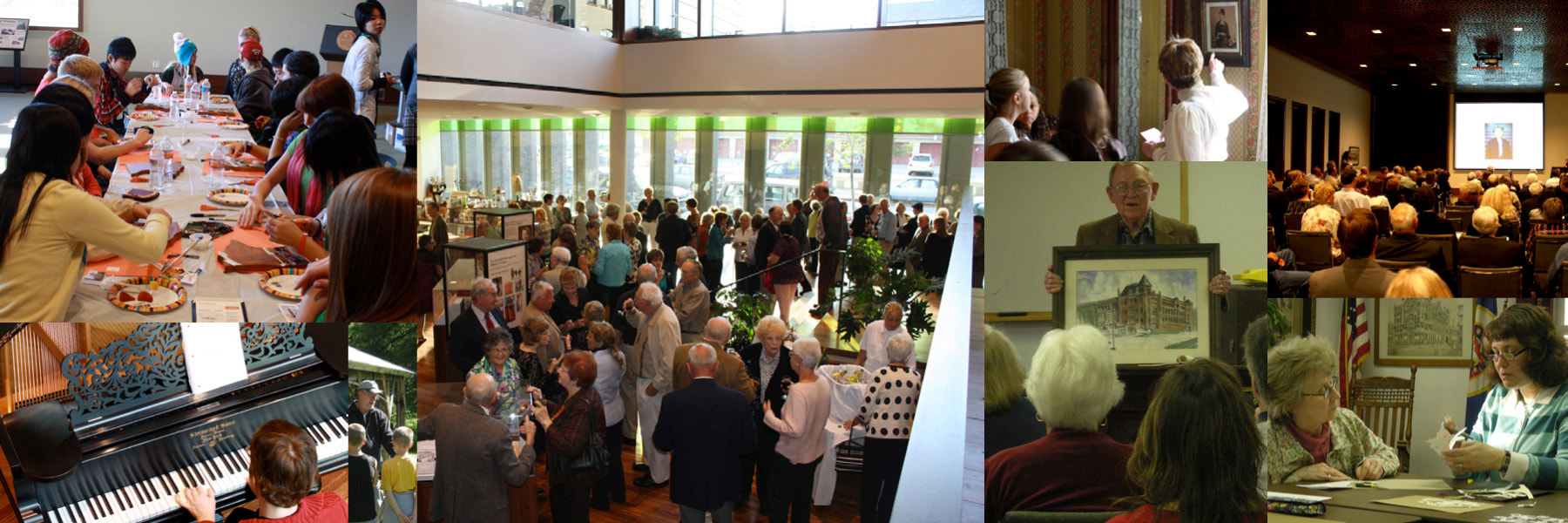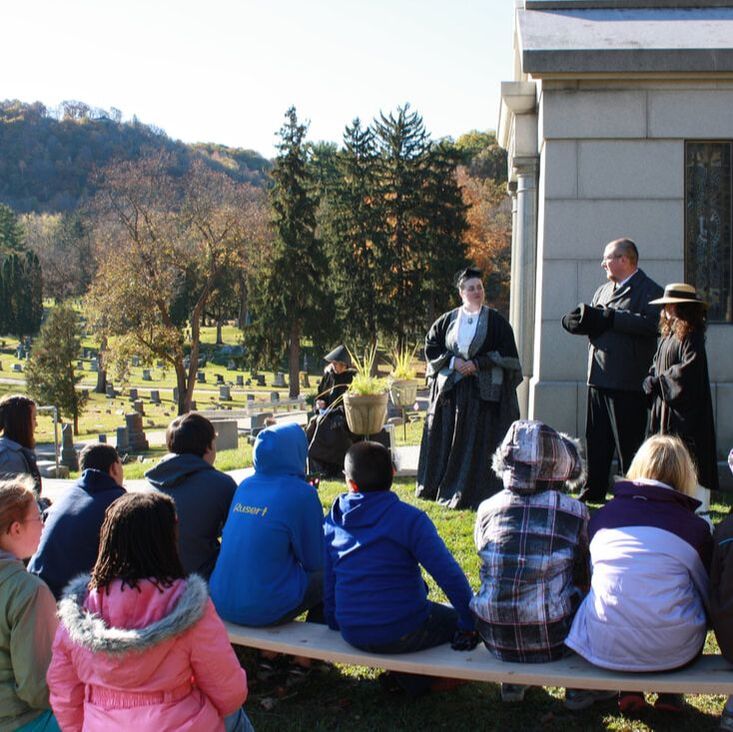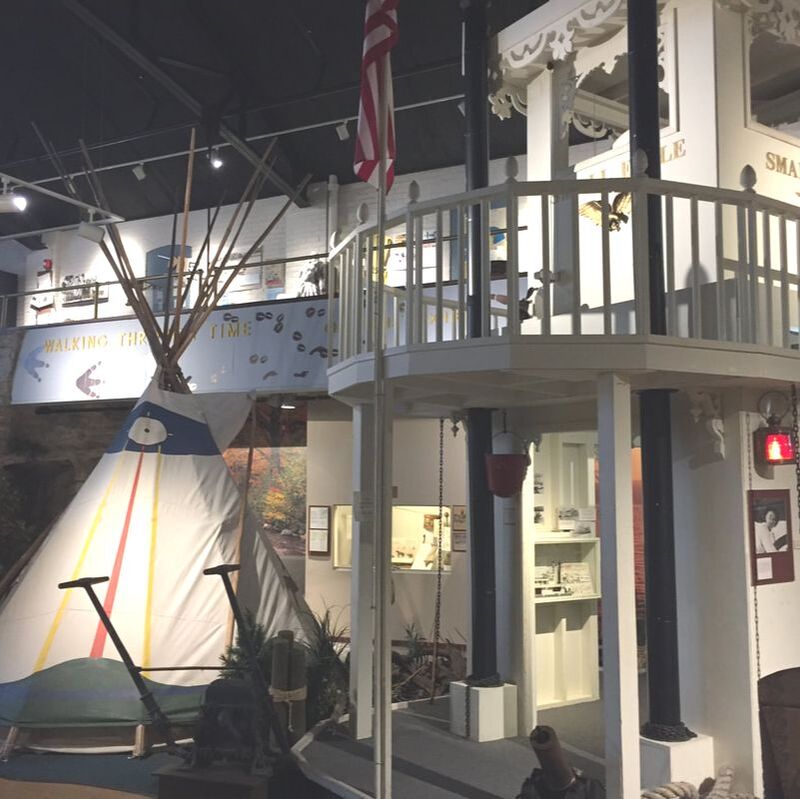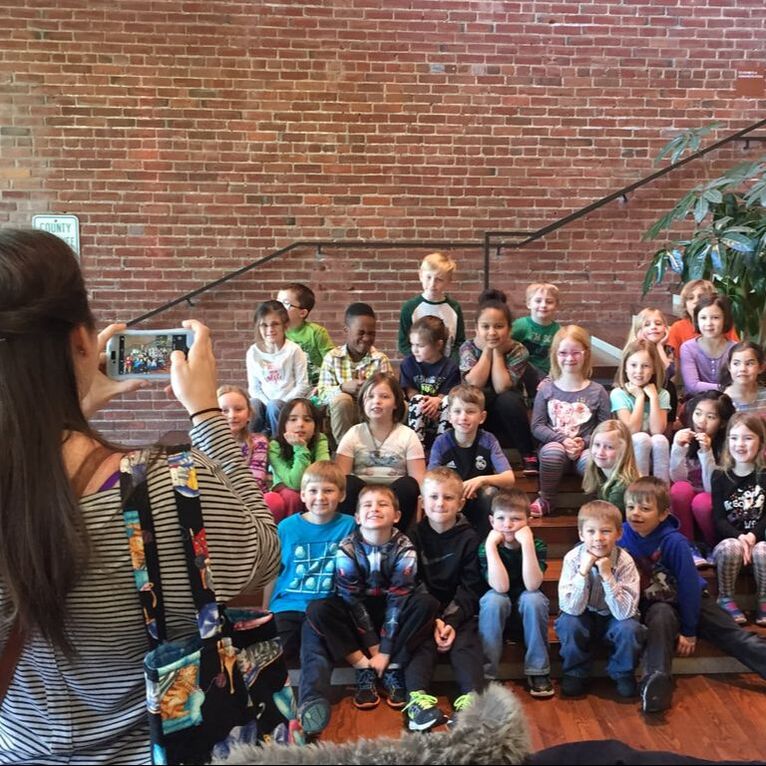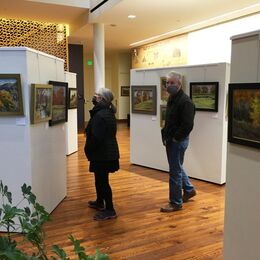History Never Stops...Learning Never Stops
So much to do!
From exhibits to tours to craft classes, we strive to offer a large variety of learning opportunities mixed with some fun.
|
Dive deeper and get involved with local history through our classes, events, programs and more!
|
Our main exhibit hall at the History Center is getting an update but there is always something to explore.
|
Get active with a walking tour or schedule your class or group for a guided museum experience.
|
Explore art with a wide variety of mediums by regional makers. Most is also for sale!
|
